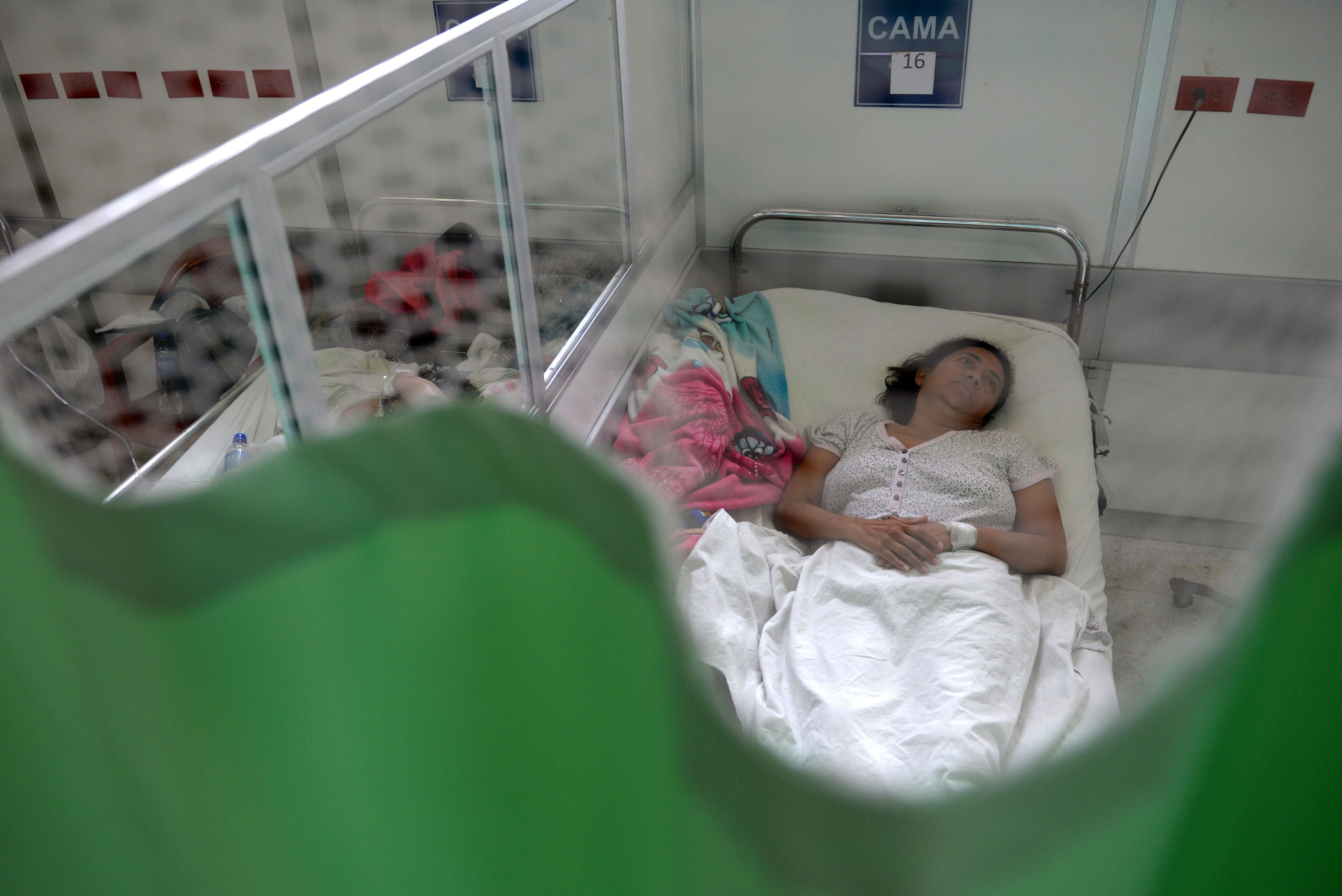What is the link between Guillain–Barré syndrome and Covid vaccines?
Out of the 13 million vaccines administered, almost a 100 cases of GBS were found

US health regulators have warned that Johnson & Johnson’s Covid-19 vaccine may be related to an increased risk of the rare neurological disorder known as Guillain–Barré syndrome.
The risk of this potentially serious disorder emerging it Covid vaccine recipients was very rare, the federal officials noted on Monday as they added the warning to its fact sheets about the vaccine.
“Reports of adverse events following use of the Janssen Covid-19 Vaccine under emergency use authorisation suggest an increased risk of Guillain-Barré syndrome (GBS) during the 42 days following vaccination,” the warning said.
The action comes after the FDA and the Centers for Disease Control and Prevention reviewed reports that about 100 people developed GBS after receiving the one-dose vaccine by Johnson & Johnson, a tiny fraction of the 13 million people who have been administered the jab so far in the US.
Almost all of them required hospitalisation and one person died, the FDA said. Most of the cases of the syndrome involved men above the age of 50, which is also the age group where most GBS cases unrelated to the vaccine occur in the US. The symptoms of the syndrome began showing about two weeks after vaccination.
There is not yet enough evidence to establish that the vaccine is directly related to the condition, the FDA said, as it said it will continue to monitor the situation.
What is the Guillain–Barré Syndrome?
Guillain–Barré, according to the Centers for Disease Control and Prevention website, is a rare but potentially fatal disorder where the body’s immune system mistakenly attacks some of its own nerve cells, causing muscle weakness and in some cases leading to paralysis of the whole body. Recovery can take weeks or months and it has a fatality rate of 4-7 per cent.
Weakness and tingling in hands and feet, double vision or difficulty in walking or swallowing are usually the first symptoms of GBS. They may appear in a few weeks or within 42 days of the vaccine, the FDA said in its factsheet. Patients were advised to immediately consult a doctor if symptoms emerge.
Its causes usually include diarrhoea or a respiratory illness, which accounts for about two-third of cases of the syndrome in the US, but some vaccines in the past have also been known to trigger it. It has also been reported in some individuals who suffered Covid infection.
GBS is rare, affecting only about 1 in 100,000 people. In the United States, between 3,000 and 6,000 cases of the syndrome are reported per year, according to CDC.
Join our commenting forum
Join thought-provoking conversations, follow other Independent readers and see their replies
Comments
Bookmark popover
Removed from bookmarks